Member of actalliance and ICVA
Member in special consultative status with ECOSOC, UN
History

Bishop K. H. Ting came up with the Chinese name for Amity,
the two characters meaning love 爱 (ai) and virtue or moral power 德 (de).
爱 and 德 express very well the sense of love as God's primary attribute,
and love as a dimension of Christian involvement in society.
Four months later, on 18 April 1985, the Amity Foundation was founded in Nanjing.
The idea for Amity had come from Christian leaders including K. H. Ting.
Wenzao Han became Amity's founding general secretary.
"We think it is a good environment with which Chinese Christians cannot only do our share
as citizens in nation-building, but also make the fact of Christian presence and participation
better known to our people, without in any way weakening the work of the church proper."
On December 20, 1984, Bishop K. H. Ting wrote a circular letter to 'friends abroad'
to solicit their opinion on the creation of an organization for social welfare
initiated by Chinese Christians:
The Beginning
Bishop K.H. Ting,
the late founder of the Amity Foundation
was a church leader, theologian, visionary,
Statesman, and patriot.
'A Live Dedicated to Service'
is a movie dedicated to Bishop K. H. Ting
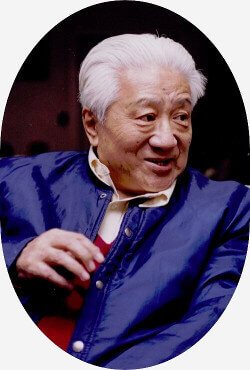
The Beginning
On December 20, 1984, Bishop K. H. Ting wrote a circular letter to ‘friends abroad’ to solicit their opinion on the creation of an organization for social welfare initiated by Chinese Christians: “We think it is a good environment with which Chinese Christians cannot only do our share as citizens in nation-building but also make the fact of Christian presence and participation better known to our people, without in any way weakening the work of the church proper.”
Four months later, on 18 April 1985, the Amity Foundation was founded in Nanjing. The idea for Amity had come from Christian leaders including K. H. Ting. Wenzao Han became Amity’s founding general secretary. Bishop K. H. Ting came up with the Chinese name for Amity, the two characters meaning love 爱 (ai) and virtue or moral power 德 (de). 爱 and 德 express very well the sense of love as God’s primary attribute and love as a dimension of Christian involvement in society.
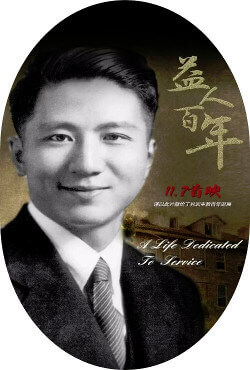
Bishop K. H. Ting
Bishop K. H. Ting, the late founder of the Amity Foundation who passed away in November 2012, was a church leader, theologian, visionary, statesman and patriot.
Bishop K. H. Ting was Chairperson of the Three-Self Patriotic Movement of the Protestant Churches in China (TSPM) and President of the China Christian Council (CCC). He served as the President of Nanjing Union Theological Seminary for more than 50 years.
Bishop K. H. Ting had also held a number of political posts. He was a Vice-Chairman of the CPPCC Chinese People’s Political Consultative Conference (1989–2008), and a Member of the National People’s Congress, China’s legislature.
Bishop K.H. Ting
is a movie dedicated to Bishop K. H. Ting, the founder of the Amity Foundation.
The movie gives insights into his life, his ministry and the founding of Amity.
Quotes
“The basic principle and foundation of the universe is love. Christianity moves and compels people, not by its doctrines, but by the love made manifest, love held high and spread abroad, love waiting eagerly for the final coming of a world of love. This love draws countless men and women who give their all to enlarge love’s realm.”
Bishop K.H. Ting, Founder of the Amity Foundation“The Amity Foundation has helped more and more Chinese Christians to see the beauty of Christians identifying themselves with those who are in need of service.”
Bishop K.H Ting, Founder of the Amity Foundation“Both religious communities and social development institutions with religious backgrounds like Amity should and must make concerted efforts in pursuit of the well-being of humankind through building bridges and platforms for faith-based social services.”
Qiu Zhonghui, Chair of the Board“The work of healing the planet has grown beyond the work of a single factory, region or nation. We can only approach it from a global standpoint.”
Bishop K.H. Ting, Founder of the Amity Foundation“Cutting down the forests, polluting the air, contributing to the rise in the earth’s temperature are also forms of murder, though not as obvious as shooting someone. Ignoring the ecological balance is destruction of God’s creation; it leads imperceptibly to the deaths of countless innocent people. The natural world is suffering and cries out to us.”
Bishop K.H. Ting, Founder of the Amity Foundation
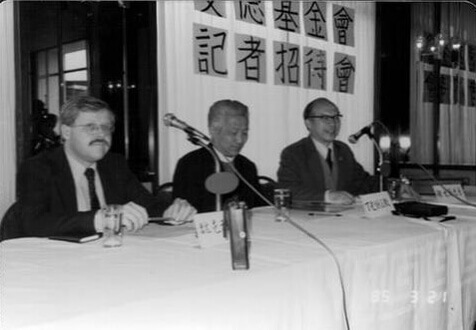 Philip Wickeri, Bishop K. H. Ting and Wenzao Han announce the establishment of Amity at a press conference in Hong Kong in 1985
Philip Wickeri, Bishop K. H. Ting and Wenzao Han announce the establishment of Amity at a press conference in Hong Kong in 1985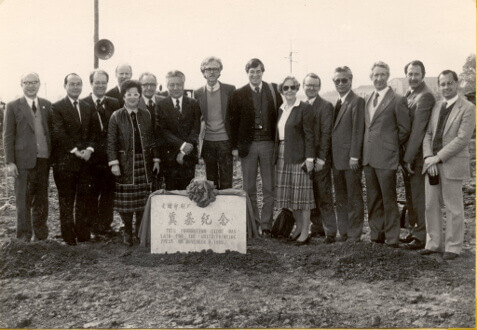 Stone Laying Ceremony for the foundation of the Amity Printing Press in 1986
Stone Laying Ceremony for the foundation of the Amity Printing Press in 1986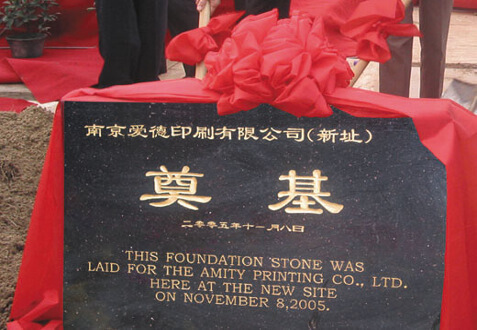 Stone laying ceremony for the new Amity Printing Co., Ltd. in 2005
Stone laying ceremony for the new Amity Printing Co., Ltd. in 2005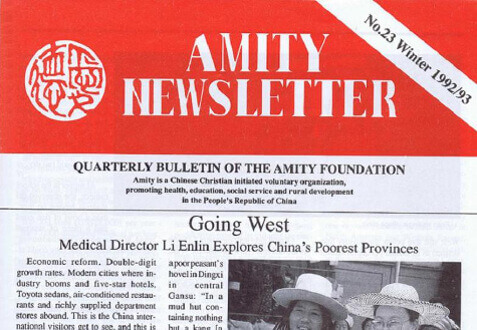 The Amity Foundation's Board made the strategic decision to move its major project focus to the western regions of China in 1993
The Amity Foundation's Board made the strategic decision to move its major project focus to the western regions of China in 1993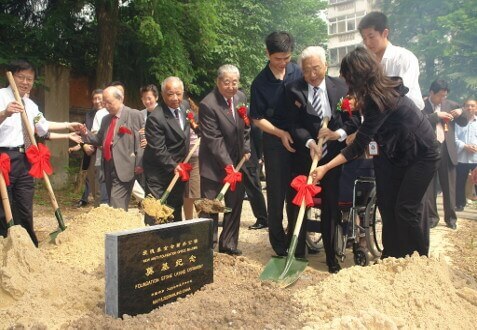 Bishop K. H. Ting at the stone laying ceremony for a new office building in 2007
Bishop K. H. Ting at the stone laying ceremony for a new office building in 2007
The Amity Foundation's Development
1985 - 1995 Start-up Phase
The Amity Foundation was first set up with only three employees. Project areas mainly covered the poor eastern counties in Northern Jiangsu. The projects focused primarily on foreign English teachers and funding came from overseas churches.
1995 - 2005 Time of Growth
Amity’s work expanded exponentially. Its projects gradually covered an array of different programs including education, health, social welfare, blindness prevention, special education, poverty alleviation, integrated rural development, ecological protection, women’s development. The project area also expanded to hundreds of cities and counties in 31 provinces in mainland China. Project types expanded from involving foreign teachers to eight divisions in Amity with dozens of projects focusing on the poor and the marginalized.
2005 - 2015 Innovation Phase
Amity’s staff has grown to nearly 90 professionals working at the Headquarters and almost 1,000 staff in total. In order to strengthen domestic support and the third sector, Amity developed community awareness and new fundraising efforts. Amity focuses increasingly on diaconal work, community building, internationalization, capacity building, and advocacy. Thereby, Amity builds networks on various fields, including new media cooperations, new platforms for interfaith, cross-cultural, and cross-sectoral cooperation. Nowadays, the Amity Foundation runs social enterprises, service centers, NGO development centers, and offices at home and abroad.
2015 - Present Period of Development
….. to be continued!
Publications
If you want to know more
about Amity’s journey and development
throughout the past decades
feel free to
browse our publications section
